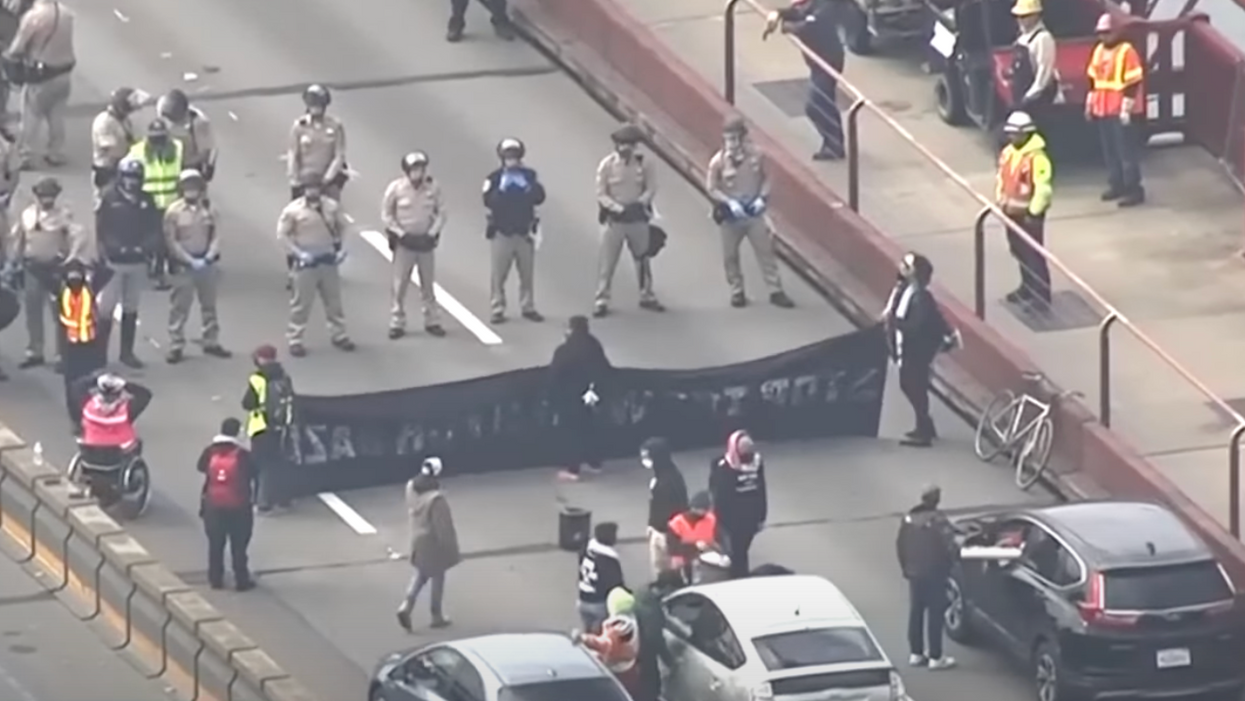President Barack Obama previously said: “The genocide we remember today—and the world’s failure to respond more quickly — reminds us that we always have a choice. In the face of hatred, we must remember the humanity we share. In the face of cruelty, we must choose compassion. In the face of intolerance and suffering, we must never be indifferent.”
 Iraqi Christians who fled the violence in the village of Qaraqush, about 30 kilometres east of the northern province of Nineveh, rest on their arrival at the Saint-Joseph church in the Kurdish city of Arbil, in Iraq's autonomous Kurdistan region, August 7, 2014. (AFP PHOTO / SAFIN HAMED)
Iraqi Christians who fled the violence in the village of Qaraqush, about 30 kilometres east of the northern province of Nineveh, rest on their arrival at the Saint-Joseph church in the Kurdish city of Arbil, in Iraq's autonomous Kurdistan region, August 7, 2014. (AFP PHOTO / SAFIN HAMED)
That was in April, on the 20th anniversary of the Rwandan genocide. Confronted with the statement Thursday amid escalating attacks by jihadists on religious minorities in Iraq, White House press secretary Josh Earnest said potential genocide must be viewed on a “case-by-case basis."
Fox News reporter Ed Henry asked, “Is preventing a genocide in America's core interest?”
“Well, the reason that is an important question is we have seen a couple of different situations where there have been conditions where innocent civilians were under extreme duress and at a hightened risk," Earnest said.
ABC News reporter Jon Karl jumped in, “Is presenting genocide in America's core interest? It's a pretty basic question.”
“What I'm trying to say is in each of these instances, evaluated on a cases-by-case basis in terms of what America can do to influence those situations,” Earnest said. “Of course, the United States has been and will continue to be a beacon of freedom and respect for basic human rights around the globe. That is a core founding principle of this country and that is one American men and women have fought and died to protect and we will continue to stand up for that value."
The Islamic State militant group, formerly known as the Islamic State of Iraq and Syria, or ISIS, has been targeting Christians and Yazidis in Iraq, seizing the country's largest Christian town on Thursday. The group, which has declared the formation of a caliphate in the region, has presented Christians with a choice: convert to Islam or die.
The United Nations has said there are 200,000 refugees seeking sanctuary in the country. Christians have mostly evacuated the city of Mosul, an Islamic State stronghold.
Earnest said the United States “strongly condemns” the targeting of religious minorities.
“These actions have already exacerbated an already dire humanitarian crisis and the situation is nearing humanitarian catastrophe,” Earnest said. “The cold and calculated manner in which ISIS has targeted defenseless Iraqis like the Yazidis and Christians, solely because of their ethnic and religious identity demonstrates callous disregard for human rights and it is deeply disturbing.”

 Iraqi Christians who fled the violence in the village of Qaraqush, about 30 kilometres east of the northern province of Nineveh, rest on their arrival at the Saint-Joseph church in the Kurdish city of Arbil, in Iraq's autonomous Kurdistan region, August 7, 2014. (AFP PHOTO / SAFIN HAMED)
Iraqi Christians who fled the violence in the village of Qaraqush, about 30 kilometres east of the northern province of Nineveh, rest on their arrival at the Saint-Joseph church in the Kurdish city of Arbil, in Iraq's autonomous Kurdistan region, August 7, 2014. (AFP PHOTO / SAFIN HAMED)


